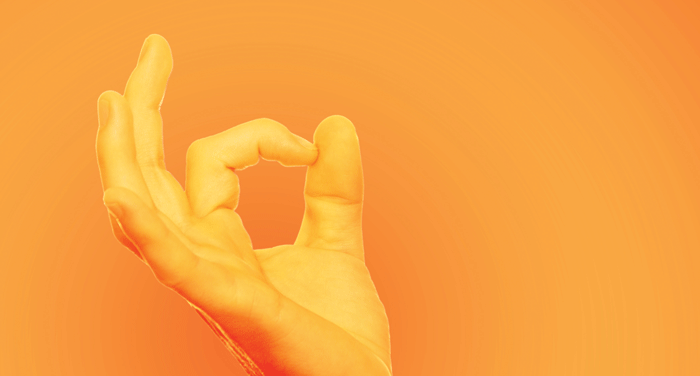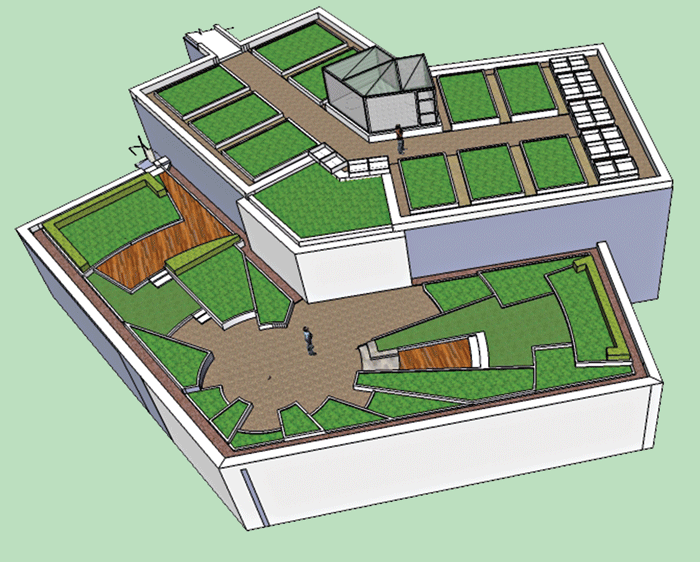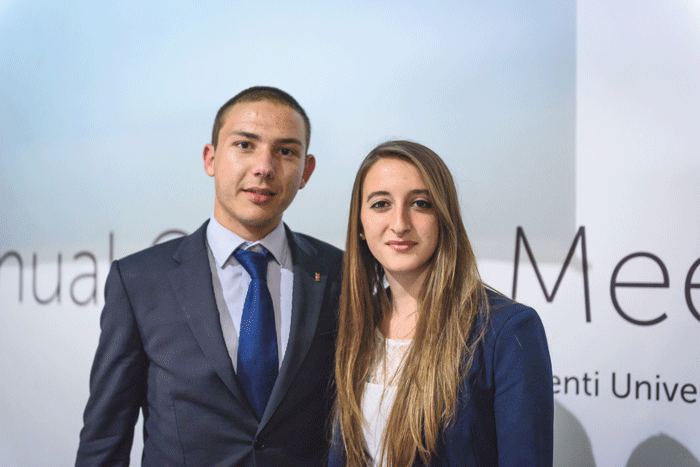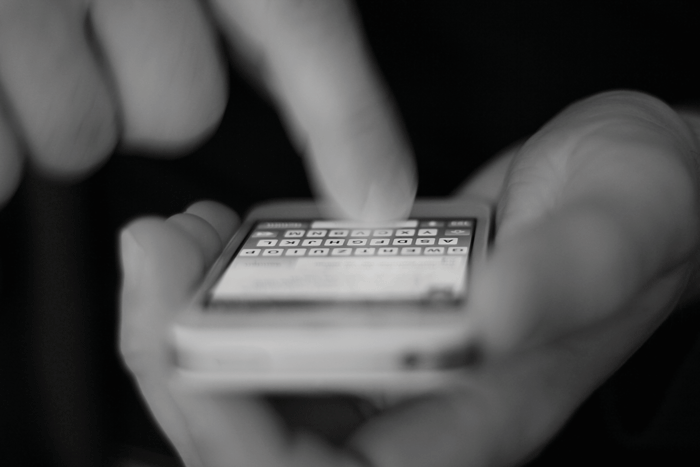MALTA – Stockholm Syndrome (or why we love the British)
Between 1798 and 1800, Malta changed hands twice. The feudal Knights were easily replaced by Napoleonic France, whom the Maltese initially welcomed, then revolted against a mere 82 days later ushering in the British Empire. ‘Why?’ is a mystery lost in the history books that gloss over the period demonising Napoleon while exalting the British who ruled Malta as a colony till independence in 1964. The Editor met Dr Charles Xuereb to find out.
Continue readingBetween 1798 and 1800, Malta changed hands twice. The feudal Knights were easily replaced by Napoleonic France, whom the Maltese initially welcomed, then revolted against a mere 82 days later ushering in the British Empire. ‘Why?’ is a mystery lost in the history books that gloss over the period demonising Napoleon while exalting the British who ruled Malta as a colony till independence in 1964. The Editor met Dr Charles Xuereb to find out.
Continue readingGreen Roof Malta
In Malta, buildings cover one third of the Island, leaving greenery in the dirt track. Green roofs are one way to bring plants back to urban areas with loads of benefits. Antoine Gatt, who manages the LifeMedGreenRoof project at the University of Malta, tells us more.
Science… Bacteria… Art…
Bacteria are everywhere, from the top of the windswept cliffs of Dwejra, Gozo, right to the core of the ancient catacombs in Rabat, Malta. Anne Marie Dimech met Dr Gabrielle Zammit to learn about the unique bacteria discovered growing on artworks in ancient Maltese temples and how these bacteria could be useful to medicine.
Chemistry for Medicine
Written by Kristina Farrugia
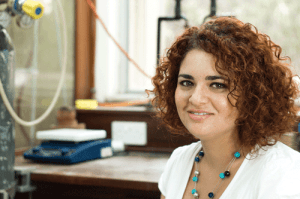
In medicine a timely and accurate diagnosis can decide the chances of survival of a patient. Supramolecular Chemistry is a field that explores the design of intelligent molecules that can assist doctors when taking lifesaving decisions. These intelligent molecules can identify the type and amount of proteins in a patient’s blood or tissue that would indicate disease—in a similar method to blood glucose test strips.
Cleaning Contaminated Land with Plants
Carmen Sanchez Garcia
Soil sustains wildlife, landscapes, crops, forests, and air and water quality. Our survival and development depends on soil. However, a large amount of metals is being released daily into the environment through household waste, agricultural practices, and industrial activity.
Soil acts as a ‘sink’ for pollution, and depending on the soil’s chemical conditions, metals may persist there for long periods of time, posing a risk for humans and ecosystems. Maltese soils have a high concentration of lead, zinc, and copper. At high concentrations, these metals are harmful to many forms of life and can lead to a host of diseases including cancer. Carmen Sanchez Garcia (supervised by Dr Anthony Sacco) studied how to reduce the level of these metals in Maltese soils using plants instead of conventional methods.Continue reading
Students: On Research and Funds
KSU gives its opinion about research
Why do we need research? Why should the University of Malta invest in research? The answer is simple: knowledge. Education has no meaning without a thirst for new information through research.
Universities should be obliged to generate new knowledge by creating thinkers and investing in them. This includes creating an environment where both students and corporations are eager to invest time and money into knowledge worth pursuing. How can this be achieved if students, once they graduate, lose their enthusiasm to find new knowledge? Postgraduate students are faced with insufficient funds and extremely short time frames. Our University has already started moving in the right direction. However, we lack a stable workforce capable of sustaining continued research. This is not easy. Only through dedication, planning, and investment can we break the surface and become a self-sustaining organisation worthy of an academic university.Continue reading
Can We Become Zombies After Death?


Yes, hypothetically we can be transformed into brain loving zombies. A scary answer to a scary question.However, before going out to buy a chainsaw to cut those zombies in half please be aware that a human zombie has never existed.
The rest of the animal kingdom isn’t so lucky. Different types of fungi, parasites, and pathogens have altered the life of other organisms and transformed them into zombies. One of the most graphic examples is Leucochloridium paradoxum, a tapeworm which has been observed to infect and take control of snails. After inserting itself into the snail’s body, the tapeworm slowly spreads and concentrates in its eye stalks making these look like tasty green caterpillars. In turn this makes the snail more eye-catching for hungry birds that are an intermediate host for this parasite. If that is not gory enough just wait for the zombie part.
The flatworm makes the snail do its bidding by exposing itself during daylight. By staying on the highest leaves pulsing the eye stalks making them look like tasty morsels ready for the picking by the hungry birds above.
This case is not unique. There are other species which are known to be zombified: ants, flies, crickets, and others. At the time of writing no fungus, parasite, bacteria, or virus has been found to infect and transform humans. Till then there is no need to get your zombie-proof chainsaw and sawn-off shotgun. •
Is new tech killing social interaction?
by Matthew Cesareo from the Gadgets team

